Invited Speakers
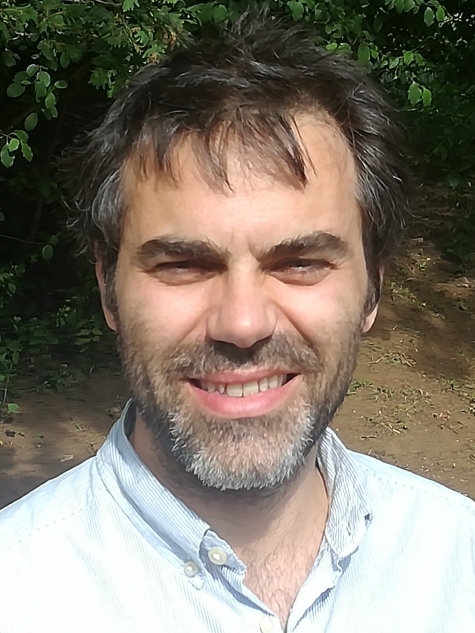
Guido Baggio
Roma Tre University
Guido Baggio is an Associate Professor of Theoretical Philosophy in the Department of Philosophy,
Communication, and Performing Arts at Roma Tre University and director of the Inter-University
Research Center for “Pragmatismo, Costruzione dei saperi e formazione.” He is the author of The Bio-
Social Mind. Philosophy and Psychology in G.H. Mead (2015), Out of Price. Lyotard Beyond
Postmodernism (2016), and Philosophy and Pathology in D.F. Wallace (2022). He edits the Multilingual
section of the European Journal of Pragmatism and American Philosophy. He is the guest editor of the
special issue on Pragmatism and Enactivism for the Phenomenology and the Cognitive Sciences
(2024). He edited, together with Fausto Caruana, Andrea Parravicini, and Marco Viola, the anthology
Emotions. From Darwin to Pragmatism (2020) and with Gabriele Quinzi the collective volumes
Thinking Affectivity (2021) and Empathy between Theory and Clinic (2023). He is also the author of
various contributions on pragmatism, philosophy of psychology and cognitive science, and philosophy
and literature.
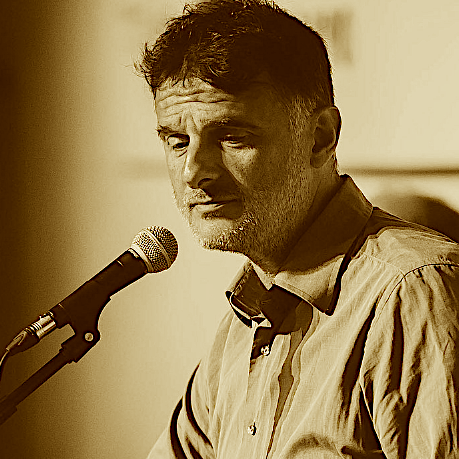
Pier Paolo Bellini
University of Molise
Pier Paolo Bellini is an Associate Professor of Sociology of Cultural Processes at the University of
Molise. His scientific research mainly focuses on the in-depth study of two distinct but interrelated
cultural processes: expressiveness linked to symbolic dynamics (particularly those of a creative
nature) and the formative processes underlying identity construction. Some of his recent
publications include My Place. Sociology of Achievement, Mondadori, Milan 2012, Self-Reliance,
the Challenge of the Educational Relationship, Franco Angeli, Milan, 2018, The Creative Gesture,
Palgrave, London 2024.
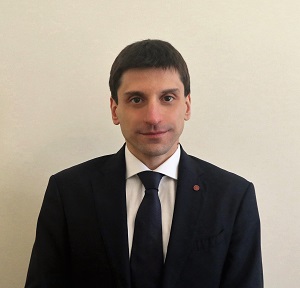
Andrea Carbone
Sapienza University of Rome
Andrea Carbone is an Associate Professor of Administrative Law at the Department of Juridical
Sciences of Sapienza University of Rome. He holds a PhD in Administrative Law (Sapienza), a
PGDip in Public Law (London) and a Magister Juris degree (Sapienza). He is the author of several
books, including Potere e situazioni soggettive nel diritto amministrativo, voll. I, II-1 and II-2
(Torino, Giappichelli, 2020, 2022 and publishing in 2023), and of numerous scientific papers and
editorships, including the co-edition of Concetti tradizionali del diritto amministrativo e loro
evoluzione (Napoli, Jovene, 2020). He is co-founder and co-director of the academic group
Laboratorio di diritto amministrativo, and co-editor of the related volume series Dialoghi di diritto
amministrativo. Member of the European Public Law Organization (EPLO) since 2016, Visiting
Researcher at the Max-Planck-Institut für ausländisches öffentliches Recht und Völkerrecht,
Heidelberg, in 2016, 2018 and 2023, invited speaker at the Deutsches Forschungsinstitut für
öffentliche Verwaltung, Speyer, 2019, he has been admitted as Chercheur invité at Paris II-Panthéon
Assas for 2024. His main fields of expertise are Public Law and General Theory of Procedural Law.
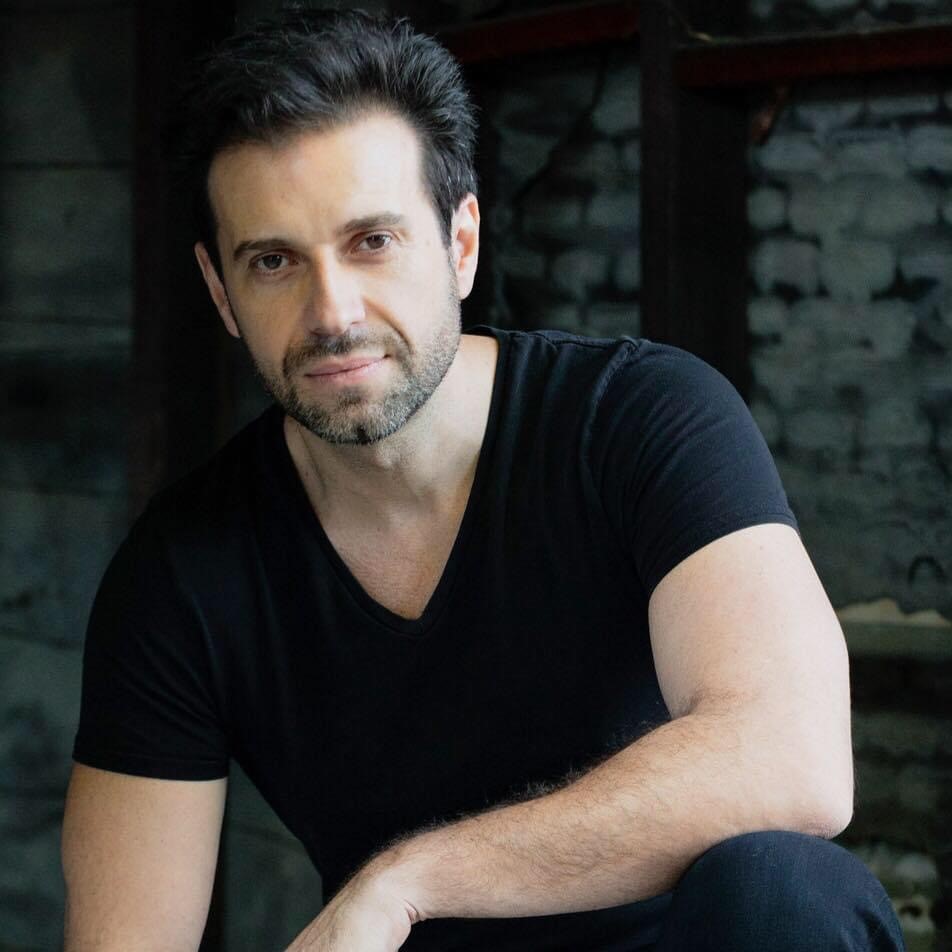
Christian Cordella
Costume Concept Artist
Christian Cordella was born in Lecce, Italy. He marks the 8th generation in a family of prominent
Italian fashion designers. From his early childhood, he showed a strong inclination for all art
forms. After graduation from the Academy of Fine Art of Brera in Milan and Kingston University
in London, his talent has since been commissioned by various principalities, including Hiroshima,
Japan and the Vatican. From the year 2000, he has worked in the USA as a costume and set
designer for Walt Disney World, Universal Studios, Sea world and others, extending his activities
in Tokyo, Seoul, Copenhagen, Las Vegas, and among cruise lines.
In 2006 he moved to Los Angeles where he has been illustrating costumes for feature films such
as: Iron man 2 and 3, Thor 1, 2 and 3, Captain America 1, 2 and 3, Snow White and the
Huntsman, Oblivion, Jurassic World, Star Trek Beyond, Guardians of the Galaxy 2, It, Avengers
Infinity War, Fantastic Beasts 2, Avatar 2 and 3.
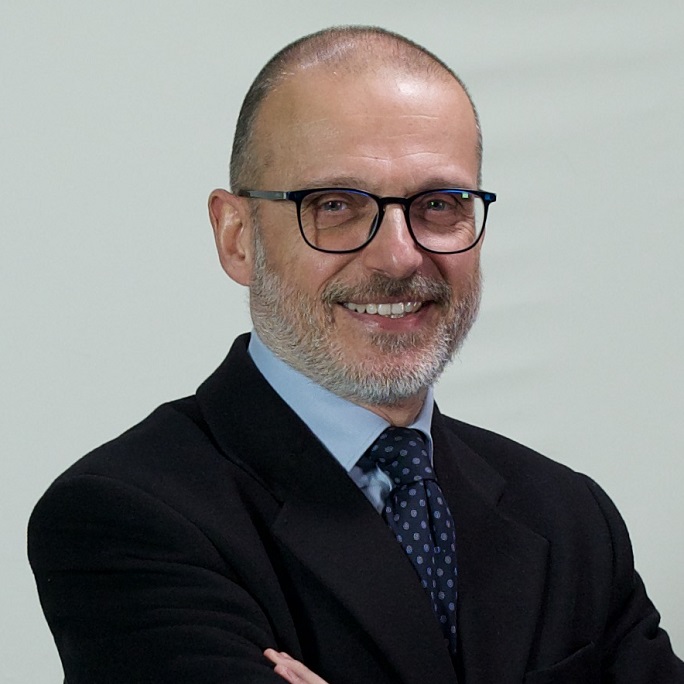
Carlo Ebanista
University of Molise
Full professor of Christian and Medieval Archaeology at the University of Molise. Member of the
Pontifical Commission of Sacred Archaeology and the Society of Italian Medieval Archaeologists
(SAMI). Director of archaeological research of the excavations of the castle of Sant'Elia a Pianisi,
the tower of Pesche, and the basilica nova of Cimitile. He authored about 220 publications focusing
on central-southern Italy (Campania, Latium, Molise) in relation to material culture, archaeology of
architecture, and settlement dynamics.
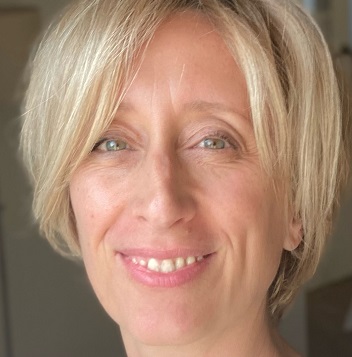
Barbara Formis
Université Paris I, Panthéon-Sorbonne
Barbara Formis is an Italian philosopher, Senior Lecturer in Aesthetics and Philosophy of Art at the School of the Arts at Université Paris I, Panthéon-Sorbonne, and a member of the ACTE Institute (EA 7539). Her work focuses on the philosophy of the body and its applications in pragmatism, aesthetics, and gender studies. Because she has experience as a dancer and has worked as a dramaturge, her research combines theory and practice and pays particular attention to the role of contemporary performance art in social phenomena and ordinary life. She is a founder member of Pragmata (French Association on Pragmatist Studies) and of EVA Network (European Network on Everyday Aesthetics). Barbara is also co-director, with Judith Michalet, of the 'Ressorts Esthétiques' collection at Publications de la Sorbonne and co-director, with Mélanie Perrier, of the Laboratoire du Geste. She was head of the EsPAS team (Esthétiques de la Performance et Arts de la Scène, Institut ACTE), and has published Esthétique de la vie ordinaire (Presses Universitaires de France, 2010), Gestes à l'œuvre (dir. De l'Incidence, 2008, reed. 2015) and Penser en corps. Soma-esthétique, art et philosophie (dir. L'Harmattan, 2009).
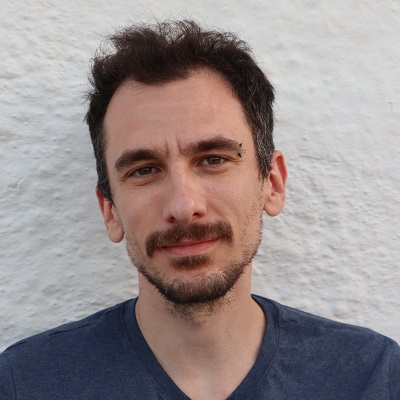
Antonis Iliopoulos
Oxford University’s School of Archaeology
Antonis Iliopoulos is a Research Associate at Oxford University’s School of Archaeology. He holds an
HBSc in forensic anthropology (U Toronto), an MPhil in human evolution (Cantab), and a DPhil in
cognitive archaeology (Oxon). His research focuses on the co-evolution of material signification and
human cognition, placing an emphasis on the role of early body ornaments in the origins of our
capacity for symbolism. As a postdoctoral research fellow on ERC project HANDMADE, he has also
studied the creative variety of gesture as encountered in pottery workshops all across Greece.
Papers of his have been published by Phenomenology and the Cognitive Sciences, Philosophy and
Technology, Punctum, Quaternary International, Semiotica, and Signs and Society. Currently, he is in
the process of finalizing his first monograph, entitled “Early Body Ornaments and the Origins of our
Semiotic Mind,” for the Bloomsbury Advances in Semiotics.
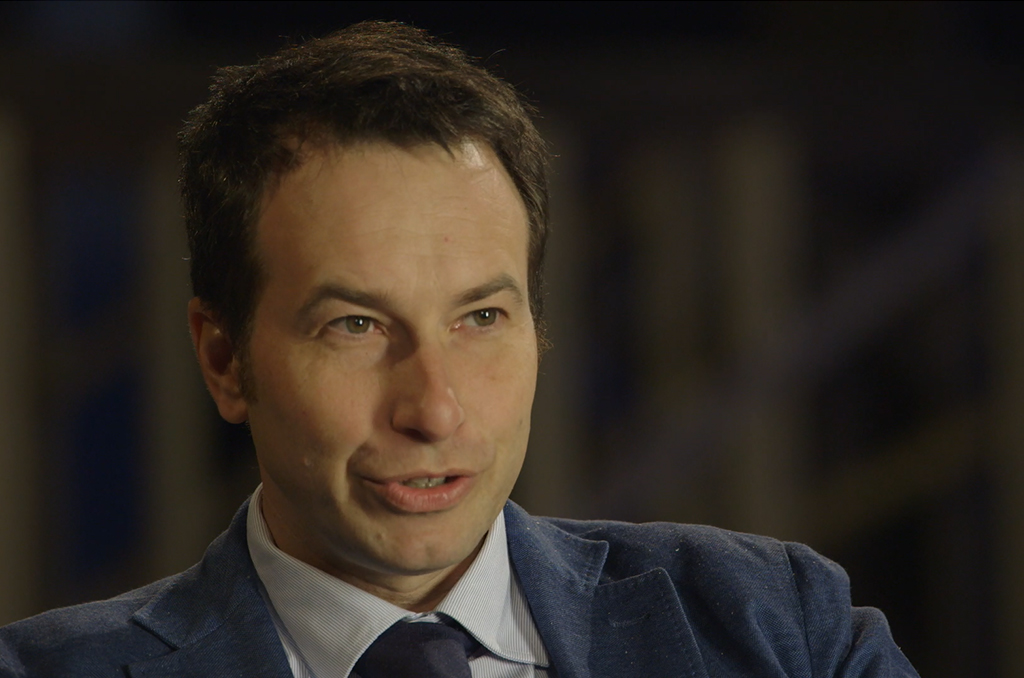
Giovanni Maddalena
University of Molise
Giovanni Maddalena is a Full Professor of Theoretical Philosophy at the University of Molise. He works on American Philosophy, especially focusing on Charles S. Peirce and classic pragmatists. He is the author of many books and more than one hundred scientific articles. Fulbright Research Scholar (2010), Professeur Invité at École Normale Supérieure (2015), invited professor at the University of Sao Paulo (Brazil), Santa Fe (Argentina), he proposed a new paradigm of reasoning in The Philosophy of Gesture. Completing Pragmatists' Incomplete Revolution (2015), and La filosofia del gesto (2021). He is co-editor (with Fabio Ferrucci, Michela Bella, and Matteo Santarelli) of Contemporary Studies in Gestures (forthcoming in 2024). He is the author of Il pensiero di Vasilij Grossman (2023) and co-author (with Guido Gili) of The History and Theory of Post-truth Communication (2020). He is a Senior Fellow of the Institute of American Thought (IUPUI, Indianapolis) and a Member of the scientific board of the Philosophy Department at École Normale Supérieure (Paris). He is co-founder and executive editor of the European Journal of Pragmatism and American Philosophy, co-founder and former president of the Associazione Pragma, and co-founder and director of the Vasily Grossman Study Center. He directs the series Biblioteca del Leonardo at Editore Carabba.
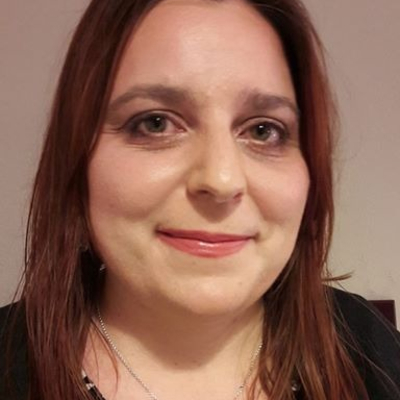
Núria Sara Miras Boronat
University of Barcelona
Núria Sara Miras Boronat is an Associate Professor of Moral and Political Philosophy and Head of the Gender Equality Office at the University of Barcelona. Her most recent book Filòsofes de la contemporaneïtat (2023) is devoted to women political philosophers: Jane Addams, Charlotte Perkins Gilman, Judith Shklar, Angela Davis, Audre Lorde, and Vandana Shiva. In addition, she has co-edited (with Michela Bella) Women in Pragmatism: Past, Present, and Future (2022) and contributed chapters to The Oxford Handbook of Jane Addams (2023) and The Routledge Companion to Pragmatism (2023). Together with Just Serrano, she edits the Spanish and Catalan section for the European Journal of Pragmatism and American Philosophy’s multilingual board and is the co-founder, with Chiara Ambrosio, of the Women in Pragmatism Network. She has also edited the first translation of Jane Addams into Catalan (Democràcia i ètica social, 2022).
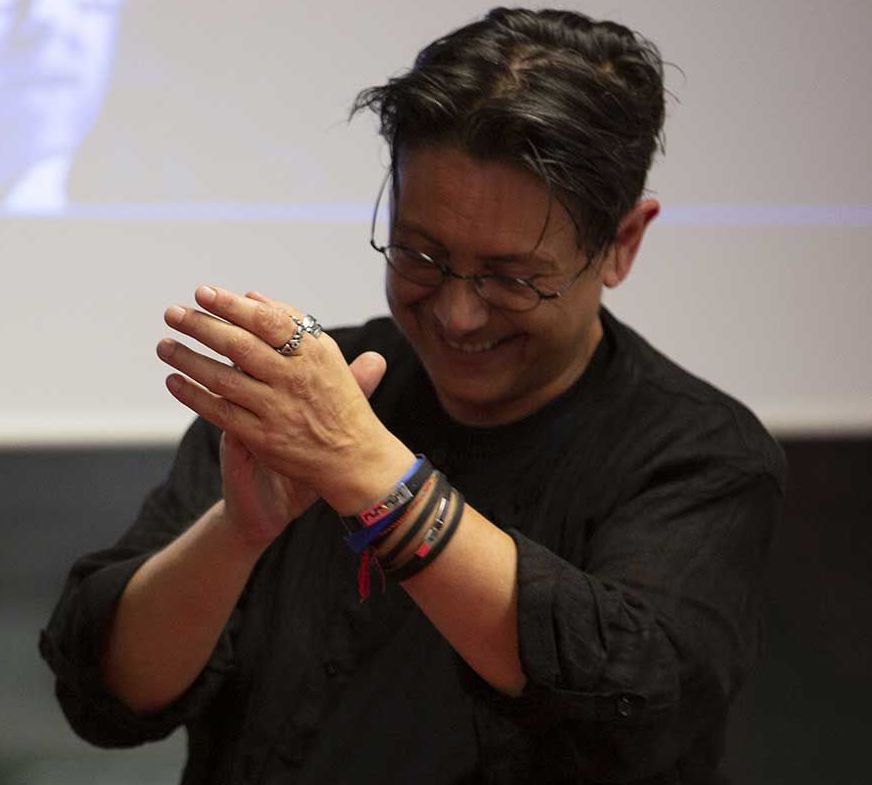
Flavia Monceri
University of Molise
Flavia Monceri (Pisa, 1965), Ph.D, is Full professor of Political philosophy at the University of Molise
(Italy), and has widely taught and researched in various fields, among them Intercultural Communication,
Queer and Transgender Theories, Disability Studies. Author of several books and articles in Italian and in
English, Monceri is Series editor of ‘Difforme’ and ‘Sakura. Filosofie e società nei prodotti culturali’
(Edizioni ETS, Italy), as well as ‘Filosofia politica’ (Rubbettino, Italy). Monceri has a Diploma in Piano
(Istituto Musicale Pareggiato “Luigi Boccherini”, Lucca, 1986) and speaks fluent English and German, as
well as basic Japanese. Among Monceri’s recent works: Soltanto la nuda verità. Weininger Klimt Schiele,
Edizioni ETS, Pisa 2020; Mangio, quindi sono? Cibo, potere, interculturalità, Edizioni ETS, Pisa 2021.
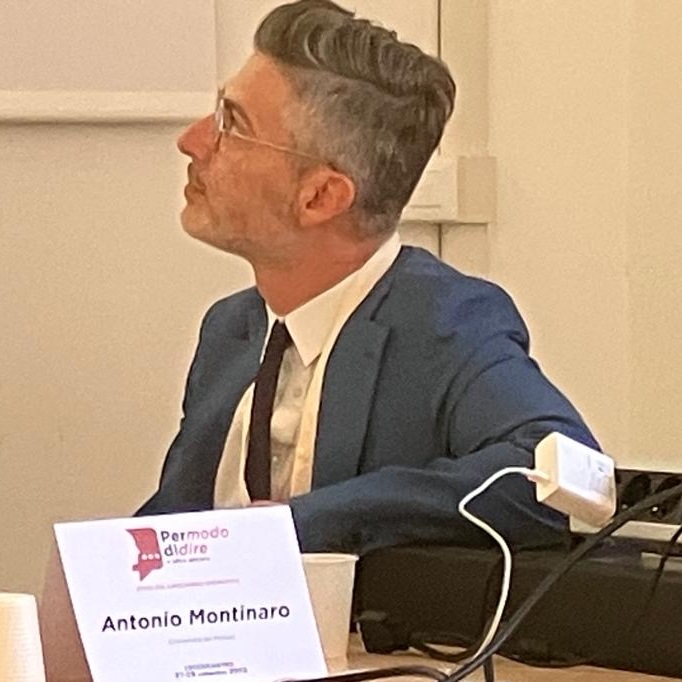
Antonio Montinaro
University of Molise
Antonio Montinaro is associate professor of Italian Linguistics at the University of Molise,
where he holds the position of rectoral delegate for the Third Mission and Public Engagement.
He has received several prizes and recognitions for his scientific activity, including the award of
the “Cassano Prize for Italian Linguistics” and the selection for the program for young
researchers called “FutureInResearch”. He is a member of national and international scientific
societies, scientific director of the BDSud project (Biblioteca Digitale del Sud, www.bdsud.it),
co-director of the series Documents et matériaux de Linguistique Romane (DocMat), promoted
by the Société de linguistique romane, and editor for the «Magazine Lingua italiana» of the
Istituto della Enciclopedia Italiana. He has held invited lectures at Italian and foreign
universities, and has participated, as a speaker, in numerous national and international
conferences. In almost one hundred publications, he has dealt with literary Italian, Italian
teaching, sectoral languages, punctuation, lexicology and lexicography, vernacular textual
traditions and humanistic computer science.
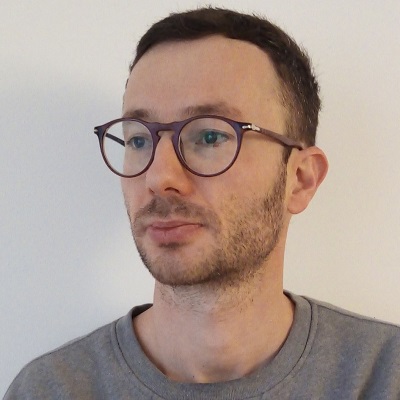
Alberto Romele
Sorbonne Nouvelle University
Alberto Romele is an associate professor of communication and media (semiotics, pragmatics, and
hermeneutics) at the ICM, the Institute of Communication and Media, Sorbonne Nouvelle
University. He has been a researcher at the IZEW, the International Center for Ethics in Sciences
and Technology, University of Tübingen, an associate professor of philosophy and ethics of
technology at the Catholic University of Lille, and a postdoc at the University of Porto. He holds a
Ph.D. from the University of Verona. His research focuses on digital hermeneutics, the imaginaries
of AI, and, more recently, the use of popular images in communication on science and technology.
His research has appeared in journals such as Theory, Culture & Society, Surveillance & Society,
and AI & Society. He is the author of two monographs: Digital Hermeneutics: Philosophical
Investigations in New Media and Technologies (2019); Digital Habitus: A Critique of the
Imaginaries of Artificial Intelligence (2023).
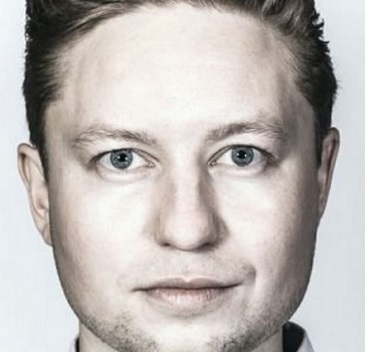
Henrik Rydenfelt
University of Helsinki
Henrik Rydenfelt is a docent and university researcher at the University of Helsinki. His research interests include scientific realism, semiotics, pragmatist ethics and the datafication of democracy. Recent publications include "Realism without Representationalism" (Synthese), "Promises and Pitfalls of Environmental Pragmatism" (Environmental Values) and "Transforming Media Agency" (New Media & Society).
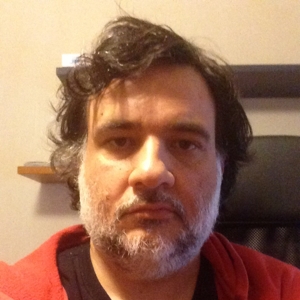
Stefano Piani
Screenwriter
Stefano Piani, born in Romagna (Italy), has been a scriptwriter for almost 30 years in comics - he wrote more than 200 stories for 'Sergio Bonelli Editore' - television and cinema. He has collaborated in writing the script for several TV series (including Incantesimo 8, Elisa di Rivombrosa, and Il commissario Rex), a dozen TV-Movie and three films, including Dracula 3D in 2012 with Dario Argento. Since 2012, he has held a TV drama writing workshop at the University of Molise and one on serial screenwriting at the Silvio D'Amico National Academy of Dramatic Art in Rome.
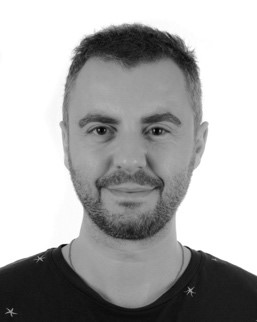
Gaetano Pollice
Art director and designer consultant
Gaetano Pollice was born in Molise (1981), graduated in Communication Studies and attended Istituto Secoli in Milan. After working for Max Mara, Borbonese, and Caractére, in 2015, he started a successful accessories brand that bears his name. Gaetano uses the traditional Molise tombolo (the particular embroidery technique widespread in Molise since the early 1500s) to garnish leather bags handcrafted in a luxury leather laboratory in Molise. Today, he is a Designer Consultant for various companies and a lecturer at major Italian fashion universities.
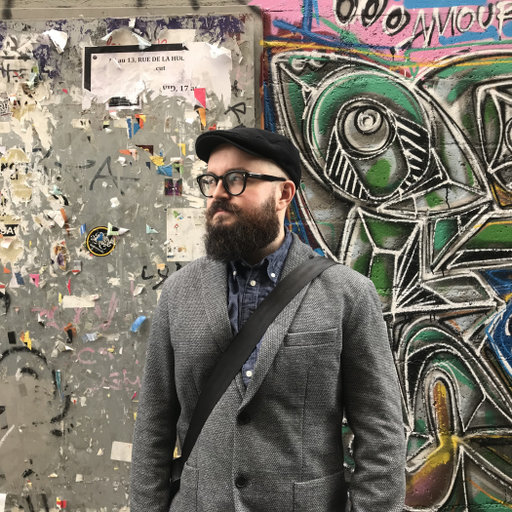
Arvi Särkelä
ETH Zürich
Arvi Särkelä is a postdoctoral researcher at ETH Zürich and Associate Professor (Privatdozent) at
the University of Lucerne and Tampere University. He is the author of Vicious Circles (forthcoming)
and Immanente Kritik und soziales Leben (2018), books gesturing at new possibilities of creative
social critique. With Martin Hartmann he edited the recent book Naturalism and Social Philosophy
(2023) and with Axel Honneth the German edition of Dewey’s lectures in China (Dewey,
Sozialphilosophie, 2019). In research, he focuses on the history of philosophy, social philosophy
and the philosophy of culture. He has published many articles on Adorno, Wittgenstein, Dewey,
Nietzsche and Hegel as well as on the idea of social pathology and the role of metaphors in
philosophy.